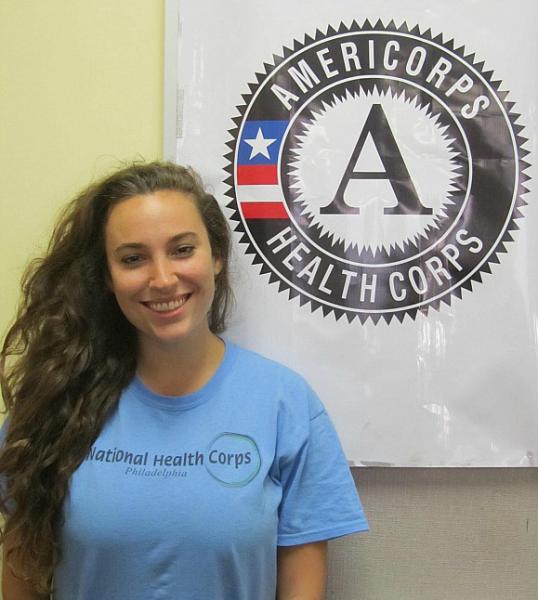Eliminating the “Us vs. Them” Mentality: Why We Need Stories
As someone on the path to a career in medicine, I’ve often been cautioned by healthcare providers that it is important to maintain a balance between truly experiencing the humanity of our patients, maintaining professionalism, and avoiding the risk of becoming desensitized to the unique weight of an individual’s experience. Working in any sort of field where trauma—of any kind—is prevalent, this balance becomes all the more challenging.
An important piece of this that I have encountered daily in my first few months as a Patient Advocate with Philadelphia Health Corps is that it’s easy enough to care and feel compassion toward someone, particularly when they arrive at your office in tears as the victim of an imperfect healthcare system. The challenge, however, is to really feel with the person, engaging in empathy-based communication rather than approaching them with sympathy. For instance, when meeting with patients who have recently been diagnosed with a chronic disease, rather than talking “at” them about the importance of taking medication regularly and maintaining a healthy lifestyle, it is much more meaningful to become a sounding board for their concerns and to relate through our own personal experience. Reframing the conversation by asking questions and welcoming their stories not only empowers through collaboration, but also encourages patients to make plans from a more determined place. This is how we strive to defeat the “us versus them” mentality, reminding ourselves that we are all human and that we can use that as a common language.
The current structure of “provider to patient” service often by nature places distance in human interactions; it is our role as Patient Advocates to minimize this distance in a healthy way by becoming familiar with the patient’s story. This isn’t just compassionate practice; it is also clinically beneficial. In a recent article by Dr. Peter Kramer of Brown University entitled “Why Doctors Need Stories,” he discusses how stories provide a much needed complement to empirical evidence when attempting to fully understand a patient or the progression of a disease. This rings true as an ever-occurring theme in Philadelphia Health Corps. During one of our monthly in-service meetings, we participated in the “Becoming Trauma Informed” training and discussed Brené Brown’s TEDx talk on vulnerability, where she delivers the clear message that “stories are data with a soul.” The importance of binding evidence and personal narrative into one package cannot be stressed enough.
I serve at Strawberry Mansion Health Center, a Philadelphia Department of Public Health ambulatory clinic in a neighborhood where the median household income is $18,777. Last year, PDPH conducted over 180,000 high quality care visits to uninsured patients who would otherwise not be reached. The Patient Assistance Program successfully provided uninsured patients with approximately $9 million worth of medication during that year. These are important and staggering numbers, but it is the day-to-day interactions with patients that translate these numbers into a meaningful and renewable urgency to act. At my health center, patients often struggle to pick up their insulin for months at a time. It is important not to get frustrated; the patient has a story here. He or she may lack access to a refrigerator necessary to store the medication, or lack access to transportation in order to pick it up. These stories not only explain a person’s actions, but they also serve as an important piece of the treatment puzzle. It refocuses our goal toward collaboration: working together to come up with a new plan that addresses both the diagnosis and the life story that houses it.
By engaging in patients’ stories, we eliminate the space between “us versus them.” We remind ourselves of the time the pharmacy didn’t filled our antibiotics, or when that MRI wasn’t covered by insurance. We remember, and we feel together. In a sense, it makes us more vulnerable; I feel challenged in situations where my patients get rejected from an assistance program. However, I am learning through my service how to channel that fear of failing my patient into useful creativity by coming up with new ways to address their needs, based on the story they’ve shared. It makes us more effective healthcare providers, yes, but it also does something even greater for the scientific community: it provides a canvas for the numbers, and a way for us to more thoroughly study, plan, and engage.

This post was written by PHC member Nora Loughry.
Nora serves at the Philadelphia Department of Public Health - Strawberry Mansion Health Center as a Patient Assistance Program Advocate.